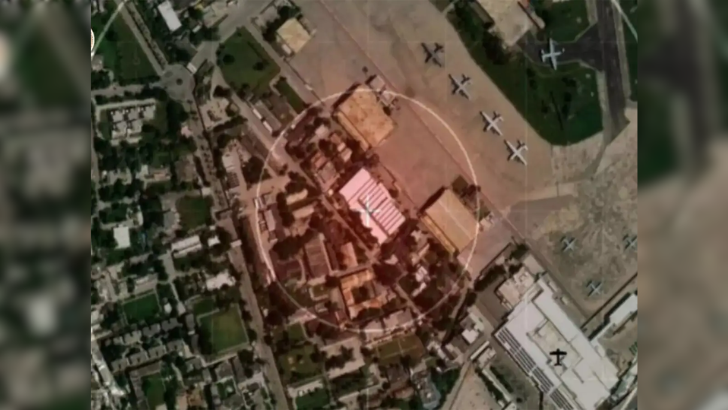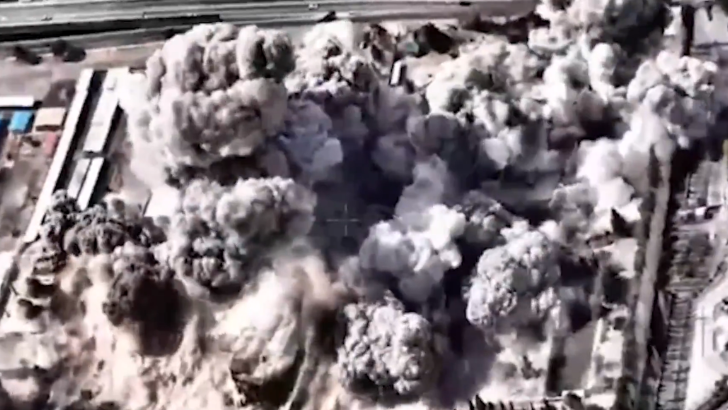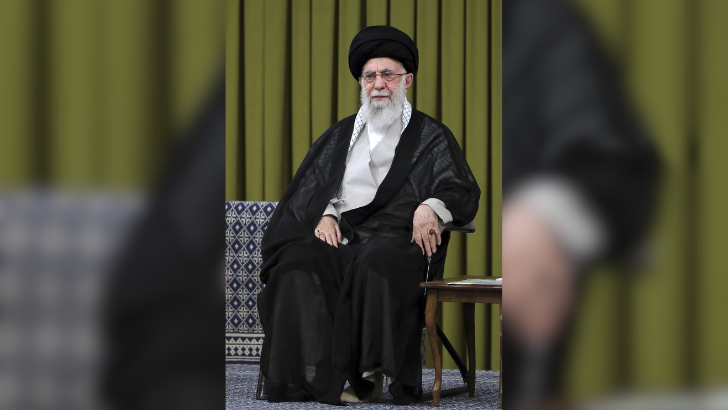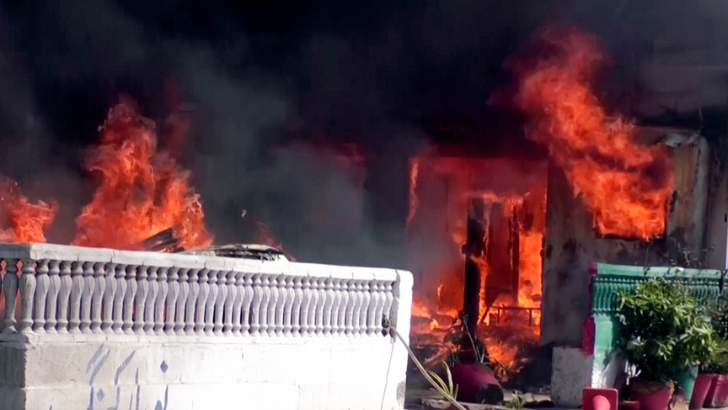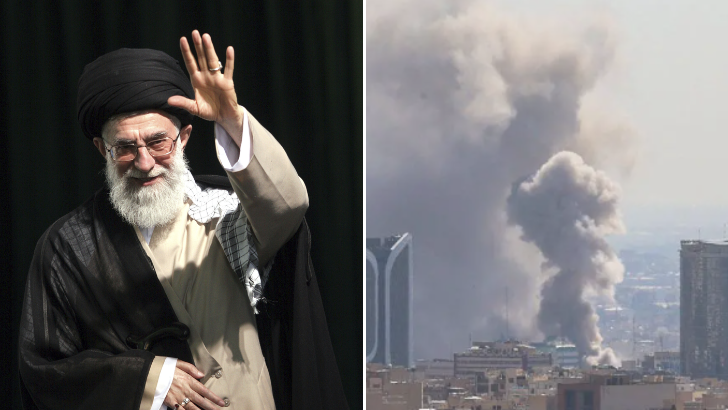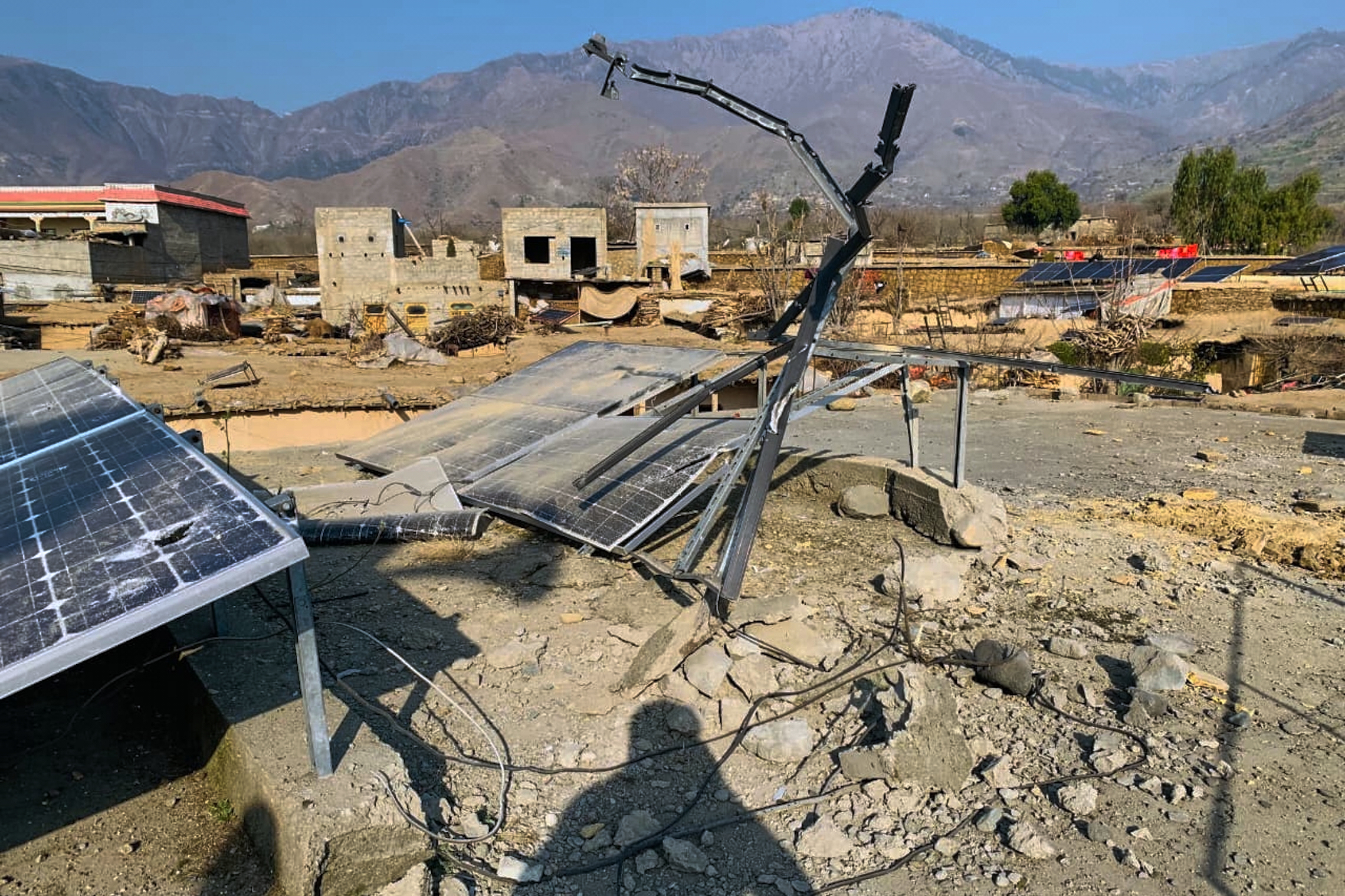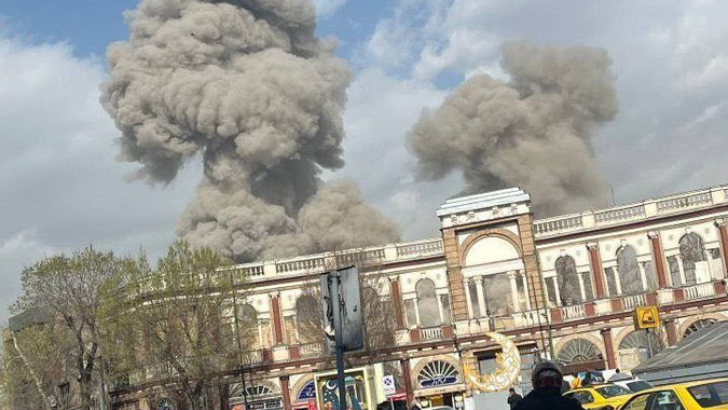Tensions in South Sea, violence in Myanmar as Laos takes over ASEAN
Fighting in Myanmar against the military government that seized power three years ago has grown to the point that most say the country is now in a civil war
PTI
-
Chinese coast guard ships block Philippine coast guard BRP Cabra, at South China Sea during a rotation and resupply mission. PHOTO: AP
Bangkok, 26 Jan
Simmering tensions in the South
China Sea between China and several Southeast Asian nations now regularly spark
direct confrontation. Fighting in Myanmar against the military government that seized power three
years ago has grown to the point that most say the country is now in a civil
war.
Hopes were high that Indonesia might be able to make significant inroads on
both issues during its 2023 chairmanship of the Association of Southeast Asian
Nations, using its clout as the bloc's largest country, but little progress was
made. Now Laos, the bloc's poorest and one of its smallest countries, has taken
over the rotating chair.
As foreign ministers gather in Luang Prabang for this year's first top-level
meetings over the weekend, many are pessimistic that ASEAN can keep its biggest
challenges from festering and growing.
After the military seized control
of Myanmar in February 2021 from the democratically elected government of Aung
San Suu Kyi, ASEAN — comprised of Indonesia, Thailand, Singapore, the
Philippines, Vietnam, Malaysia, Myanmar, Cambodia, Brunei and Laos — came up
with a “Five-Point Consensus” plan for peace.
The military leadership in Myanmar
has so far ignored the plan. At the same time, a humanitarian crisis is
growing, with more than 2.6 million people forced from their homes due to
escalating violence, according to the United Nations.
Indonesia, despite touting more
than 180 “engagements” with stakeholders in Myanmar, was unable to achieve a
breakthrough.
ASEAN's plan calls for the
immediate cessation of violence, a dialogue among all concerned parties,
mediation by an ASEAN special envoy, provision of humanitarian aid through
ASEAN channels, and a visit to Myanmar by the special envoy to meet all concerned
parties.
Still, it's likely Laos will
approach the situation in Myanmar from its own perspective as the first ASEAN
nation since the military takeover to share a border with the country, Faizal
said.
At the moment, the Myanmar military
is losing ground to a concerted offensive launched in October by three powerful
militias that have since been joined by several others around the country.
China is seen to be at least
tacitly supporting the initial group, known as the Three Brotherhood Alliance,
stemming partially from Beijing's growing irritation at the flourishing drug
trade and other criminality across its border with Myanmar. It also has strong
influence with the country's military rulers.
Communist Laos is one of the ASEAN
countries with the closest ties to Beijing, so it will be interesting to see
whether it tries to enlist Chinese support in resolving the Myanmar conflict,
Faizal said.
Beijing maintains it will not
interfere in the internal affairs of other states, so it's unclear whether it
would want to take on a greater role in trying to end the conflict in Myanmar,
even if it were acceptable to other ASEAN members.
Many are locked in maritime
disputes with China over its claims of sovereignty over virtually the entire
South China Sea, one of the world's most crucial waterways for shipping.
Leave a Reply
Your email address will not be published. Required fields are marked *








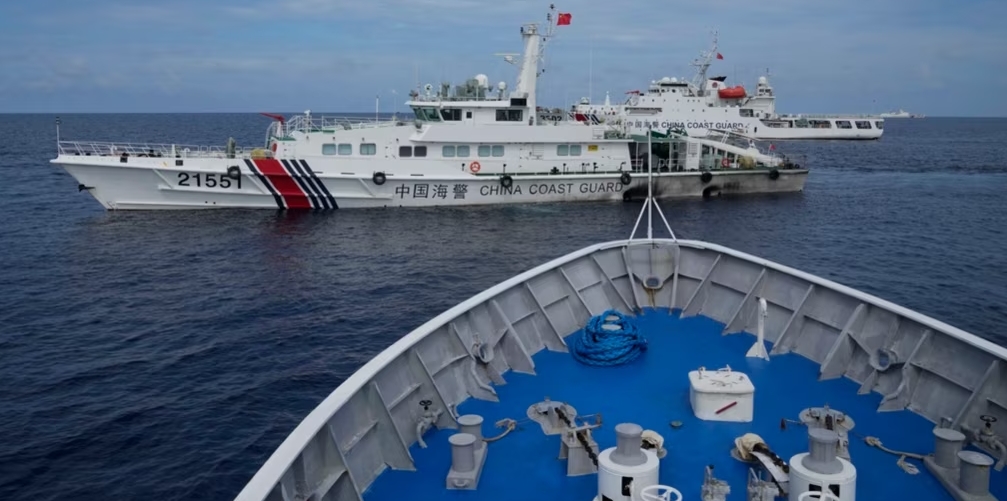

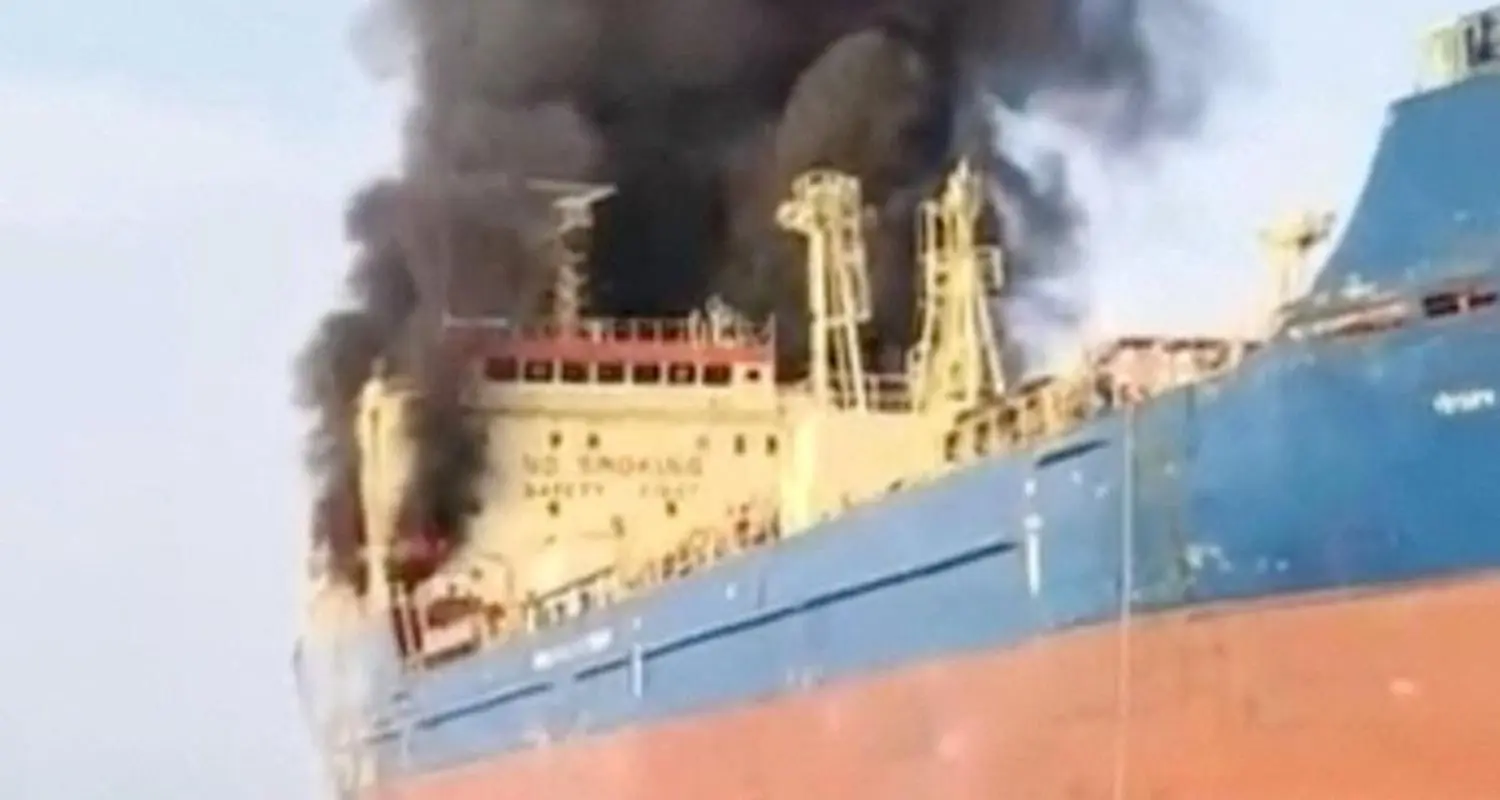
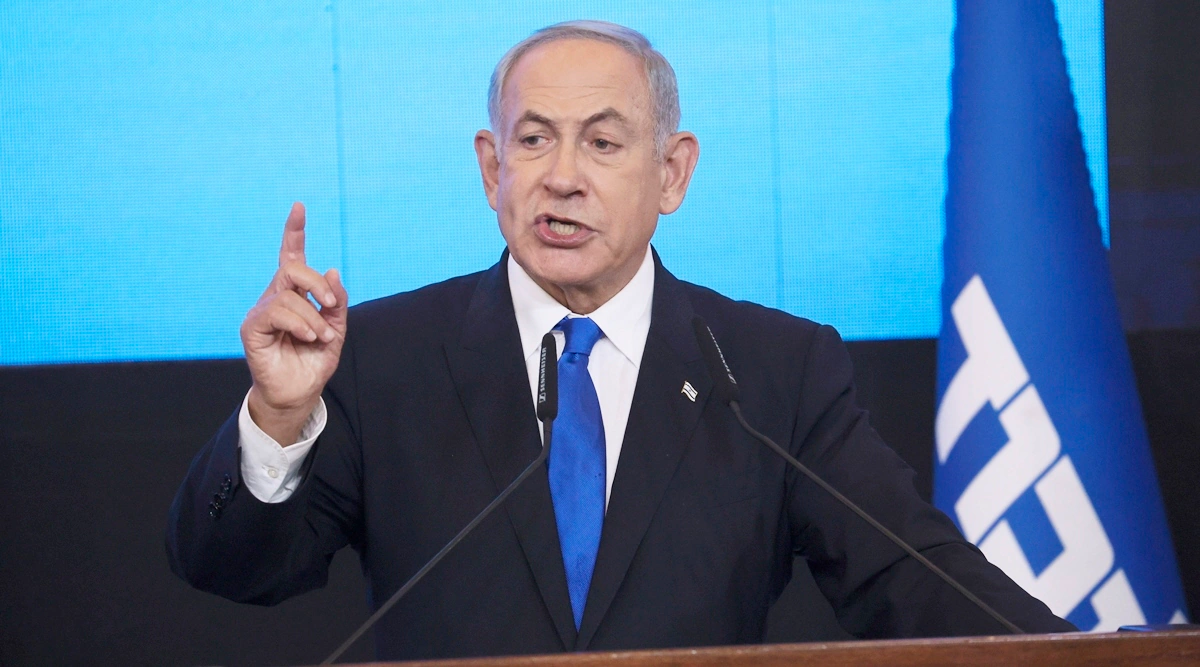
.jpg)
